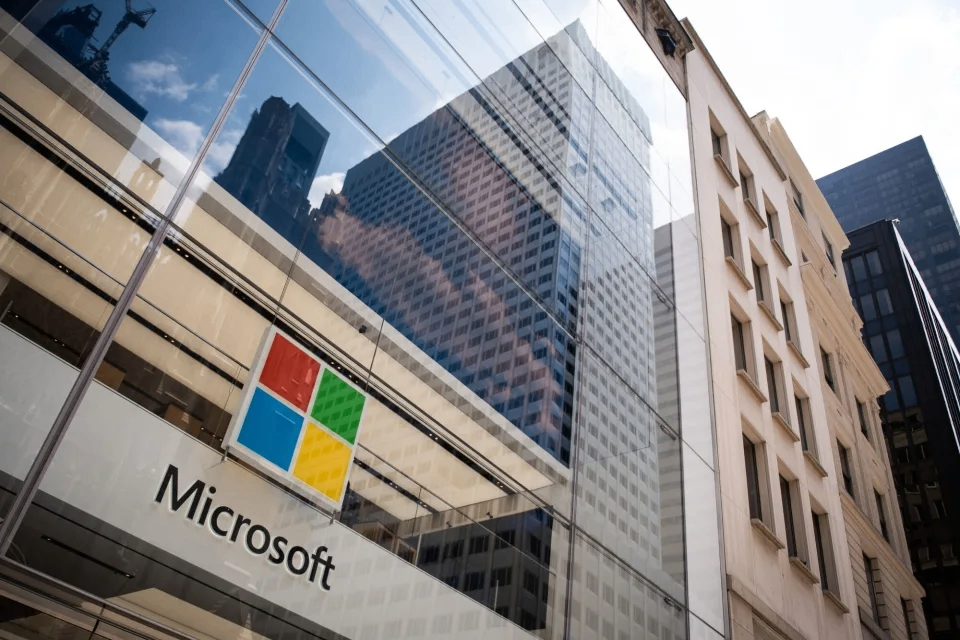传微软要求中国区AI开发人员搬去美国、爱尔兰等地
根据网上流传的消息,微软中国区Alplatform的Azure ML团队的成员已收到公司的邮件,询问其是否愿意迁移至其他地区工作,选择包括美国、澳大利亚、爱尔兰等国家。
5月15日,在中国知名职场交流平台脉脉上,有多位微软中国的云业务Azure开发员工发帖称,收到公司关于将工作场所迁至美国等地的邮件。
根据脉脉上流传的帖子,微软中国区Alplatform的Azure ML团队的成员已收到公司的邮件,询问其是否愿意迁移至其他地区工作,选择包括美国、澳大利亚、爱尔兰等国家。
消息还称,一旦员工决定迁至海外,微软将负责员工亲属签证问题。另有消息称,目的地将由微软指定,而不是由员工来挑选。收到邮件的人需要在6月7日之前做出决定,不走就会被裁员,公司会给予裁员补偿。
对于微软此举,网友们也议论纷纷。
有的人认为这是好事,不仅对自己的事业也有所帮助,还可以去海外体验不同的文化,提高个人见识。也有人认为,许多员工已经在中国成家,举家搬迁困难重重,感觉微软这是变相裁员。
此外,也有网友指出此举潜在的隐患,比如签证问题。以美国为例,一般这种内部调动公司办的签证是L1签证,意味着在美国不能跳槽。要拿到美国绿卡大概要10多年,更灵活的H-1B签证大概要5年才能抽中,中间要是被裁就要打包回国。而支持迁至海外的人则认为,只要能力够强,就不愁在海外大展手脚。

在舆论发酵之际,微软中国出来做出了回应。综合微软中国给各大媒体的回应,可以看出几个要点。
一个是确实存在询问员工是否要将工作地点迁至海外这一事。“本次是给部分员工一个可选的内部调动机会,不会影响公司在国内的运营。”微软中国如是称。
一个是微软强调内部调岗是公司内部的常规操作。在上述消息满天飞的时候,有网友就指出,微软内部一直都有给员工提供类似转移工作地点的内部机会。软微发言人也在声明中表示:“提供内部机会是管理我们全球业务的常规部分。作为此流程的一部分,我们与部分员工分享了可选的内部调动机会。”
还有一个是牵涉的员工规模可能不太大。一开始,在脉脉上流传的消息是涉及的员工约有上百名。随后,又有媒体称,涉及的人数可能高达七八百人。而微软发言人在一份声明中提到:“目前,少数中国员工有机会选择国际轮岗。员工可以选择轮换或继续担任当前职位。”
对于网上曝光的其他消息(如涉及的员工是否都属于AI团队),微软并未做出更多回应。微软的发言人只是强调,微软仍致力于中国市场,并将继续在中国和其他市场开展业务。
据悉,自从1992年进入中国,微软已在该市场深耕了20多年。当前,微软在美国以外最大的研发中心就在中国。
上周,有媒体报道称,美国商务部正在考虑采取新的监管措施,限制专有或闭源人工智能模型的出口,这些模型的软件和训练数据均处于保密状态。尚不清楚微软此举是否在为将来的监管限制做准备。
·原创文章
免责声明:本文观点来自原作者,不代表Hawk Insight的观点和立场。文章内容仅供参考、交流、学习,不构成投资建议。如涉及版权问题,请联系我们删除。